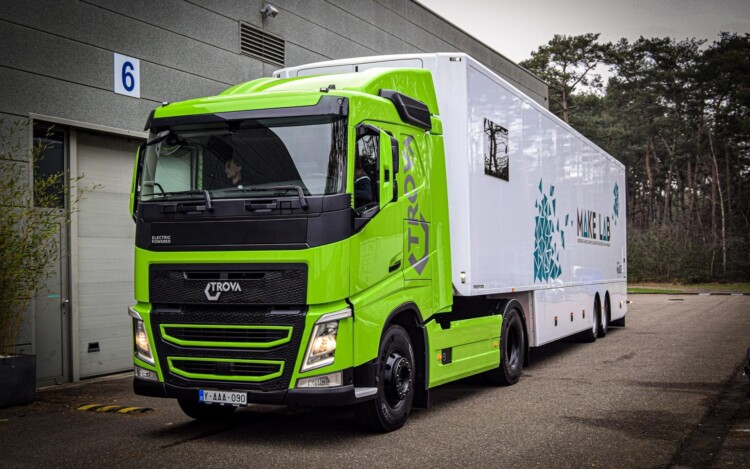Symposium 2025: Healthcare

Did you know that one algorithm can reduce operating room costs by more than 30% — or that intelligent workflow optimization can free up several nurses per shift? The healthcare and life sciences sector faces the constant challenge of doing more with fewer hands. From pharmaceutical manufacturing to hospital logistics, we help organisations apply AI, robotics, and digital twins to boost safety, efficiency, and reliability. Our technologies empower people, streamline operations, and strengthen resilience across the entire care ecosystem.
Smart and Flexible Operations
Did you know that a researcher can now prepare in one hour the same three-week hospital schedule that used to take several planners? Our Planning & Scheduling algorithms align labour, equipment, and other needs with real-time conditions. In pharma, this means reduced downtime and better use of cleanroom capacity; in hospitals, smoother coordination of care, fairer patient distribution, and more control for planners and clinicians.
Did you know that automation could release up to four nurses per surgical department from logistical tasks? With persistent labour shortages, robotics offers a safe, efficient solution. Our Robot Aided Scaffold Assembly shows how complex manual work can be automated with mobile robots equipped with advanced sensing and navigation. Similar technologies can support cleanroom setup or hospital logistics — reducing physical strain and unburdening care teams.
Meanwhile, Multiple Hypothesis Tracking for Robot Navigation enables autonomous robots to move safely through semi-structured environments such as hospital corridors, laboratories and warehouses.
Finally, our Digital Twin for End-to-End Demand Forecasting helps organisations anticipate real demand instead of reacting to amplified signals. For pharmaceutical companies, it means more accurate planning and reduced waste; for hospital networks, better alignment of resources and smoother patient flow across facilities.
Empowering People and Safeguarding Knowledge
Did you know that training often repeats skills people already master? With rising workloads, smarter learning systems are essential. Our Competence-Aware Training & Instruction Generation uses AI to extract and personalise digital work instructions, saving time and helping staff build the right skills faster.
Our Expert Knowledge Booth complements this by demonstrating how company know-how can be directly embedded into digital workflows. Together, these tools preserve expertise, reduce errors, and ease the workload of both industrial and care environments.
Ensuring Quality, Consistency, and Compliance
Did you know that a small deviation in a pharmaceutical process can affect product safety or compliance? Our Make RCA Faster by Combining pFMEA’s Expert Knowledge with Factory Data merges expert insight with real-time information to accelerate root cause analysis and ensure consistent quality. The same principle could support smart systems in healthcare. Providing the right context to sensing signals could prohibit unnecesary interruptions of care or faulty alarms for interventions. Without compromising patient safety; an intelligent system could reduce overload and improve quality patient contact.
Our Digital Twin of a Continuous Production Process lets operators simulate and optimise process parameters before implementing changes. Similar decision-support tools could help hospitals model patient flow or manage capacity more efficiently, In pharmaceuticals, it helps optimise energy use and production stability.

Contact our expert
Sales Manager


























